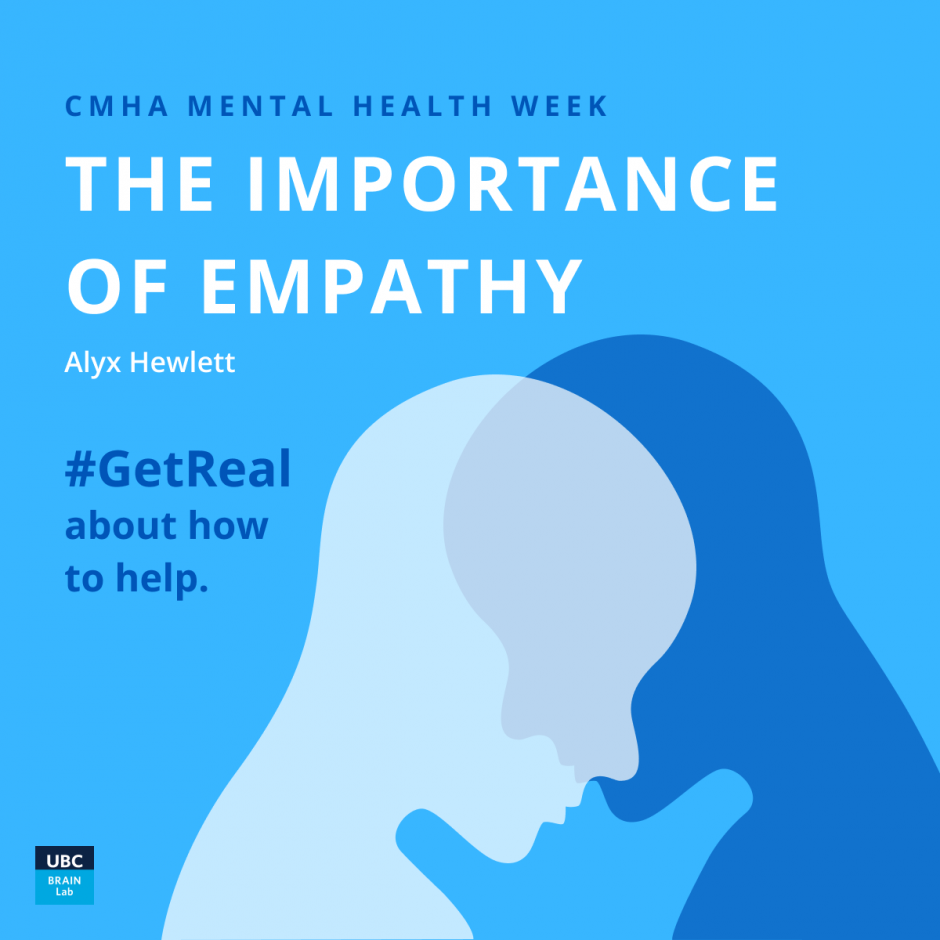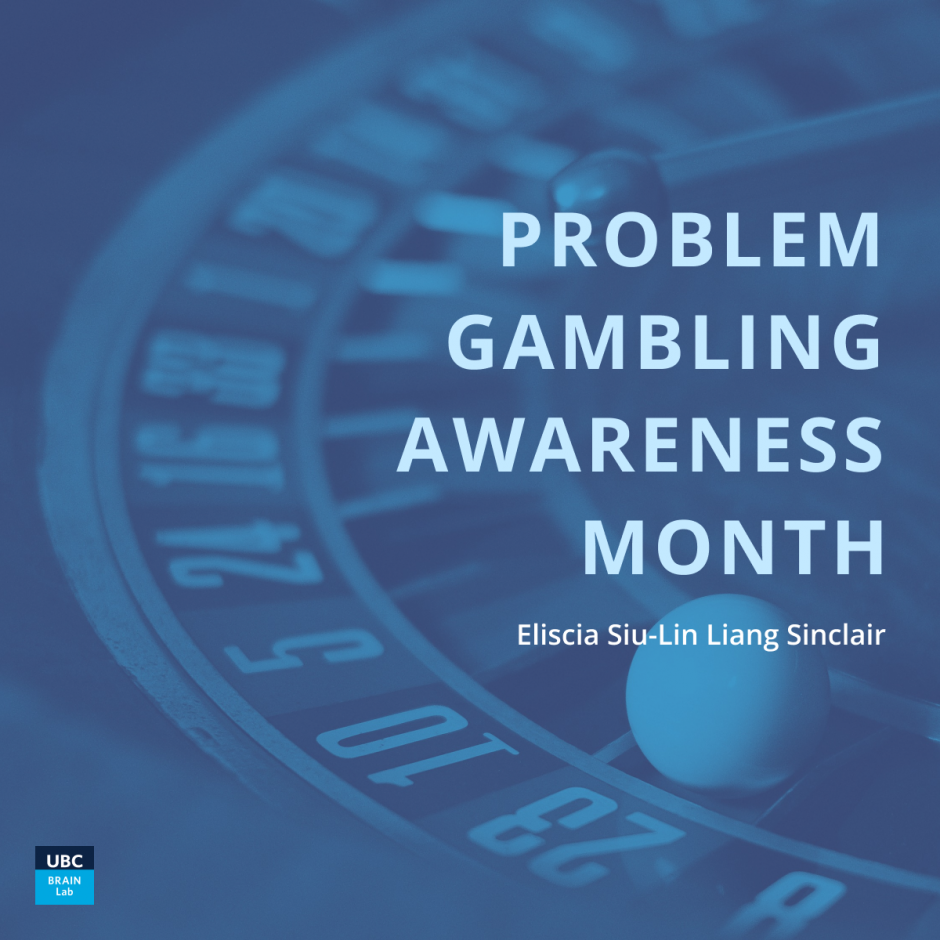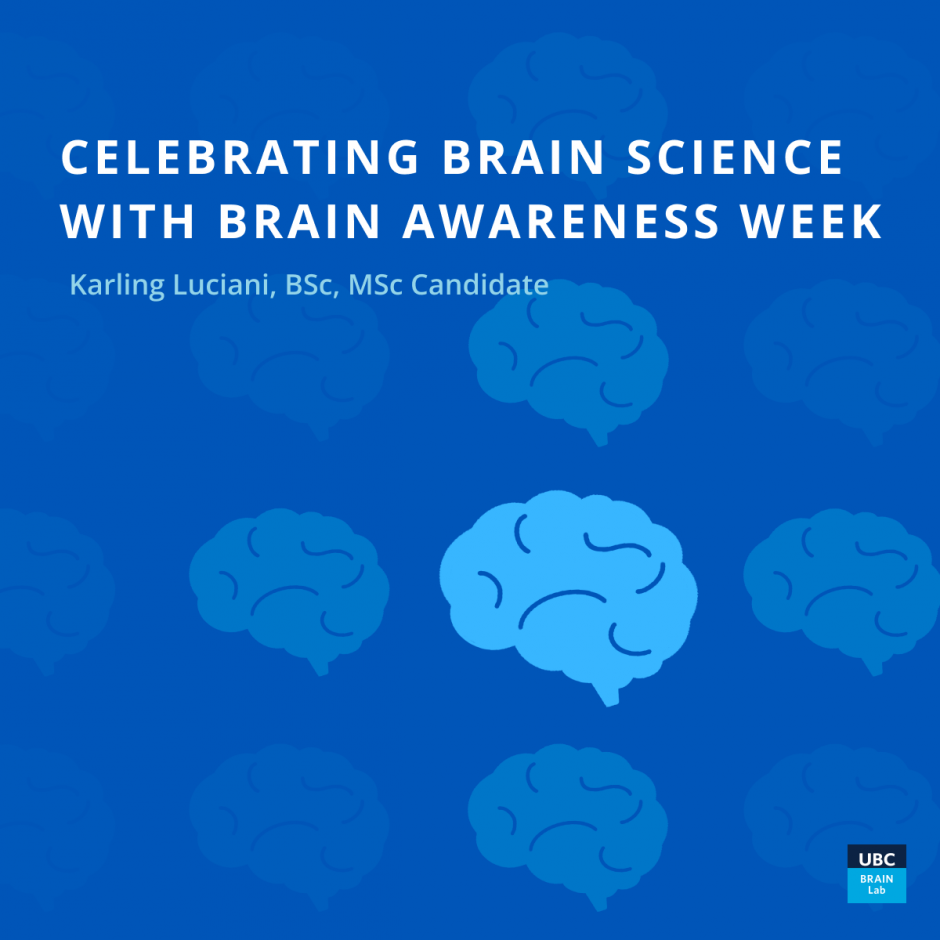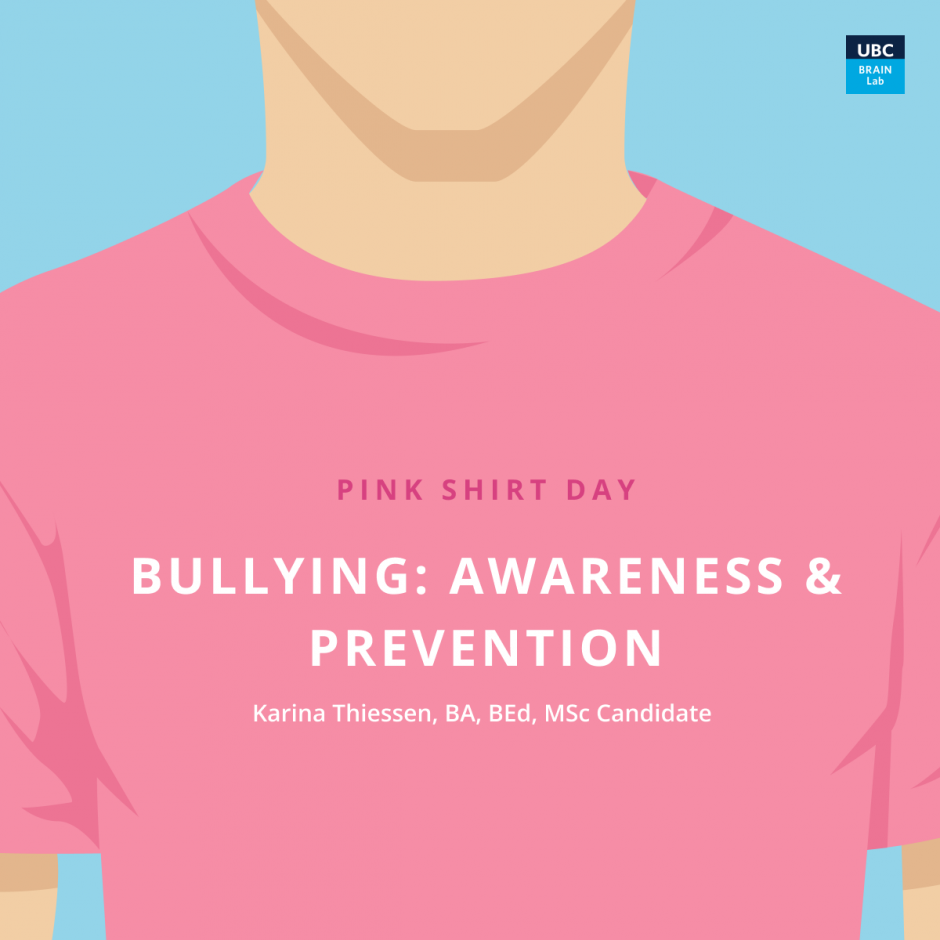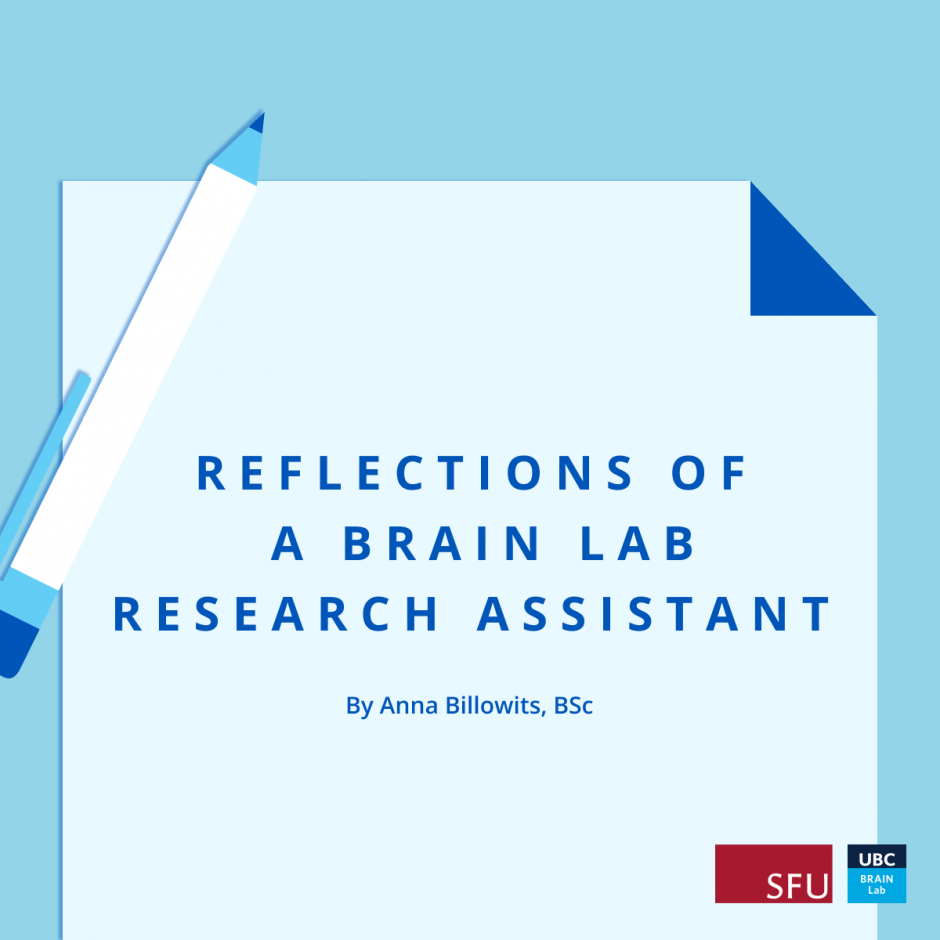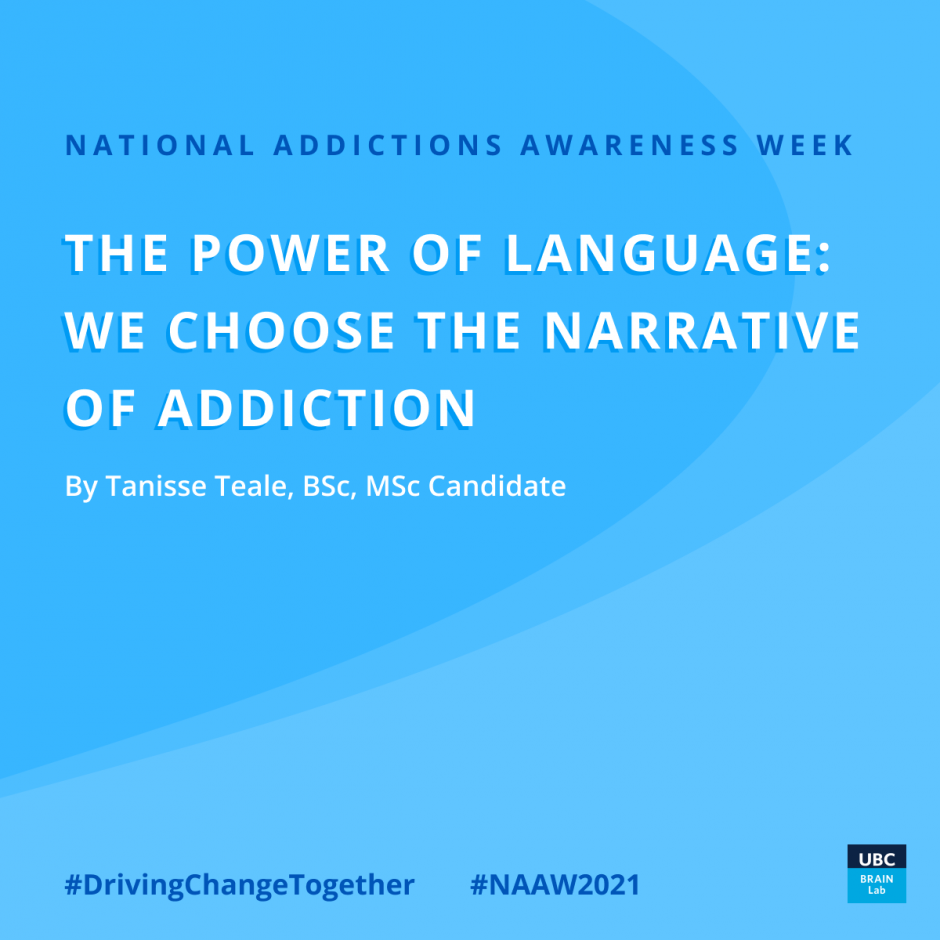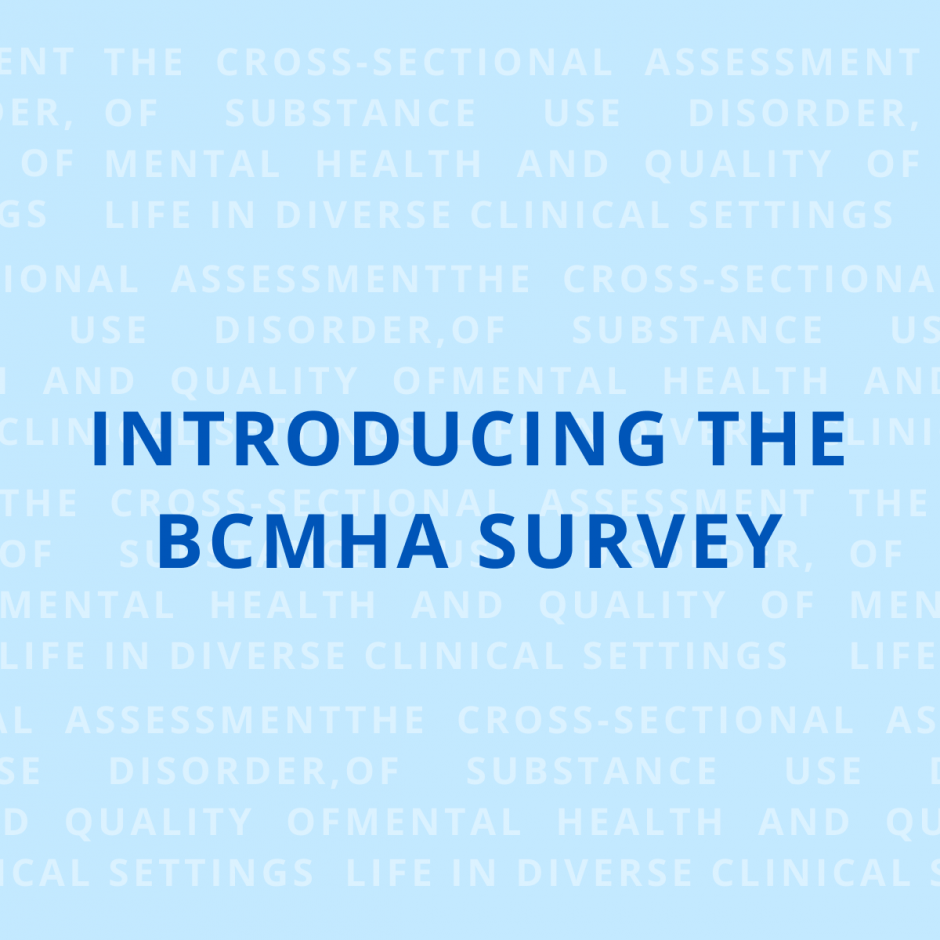
Hear from one of our research coordinators, Sydney Penner, as they share the invaluable lessons they have gained, at the B.R.A.I.N. Lab, under the supervision of Dr. Myriam Juda. Learn More.
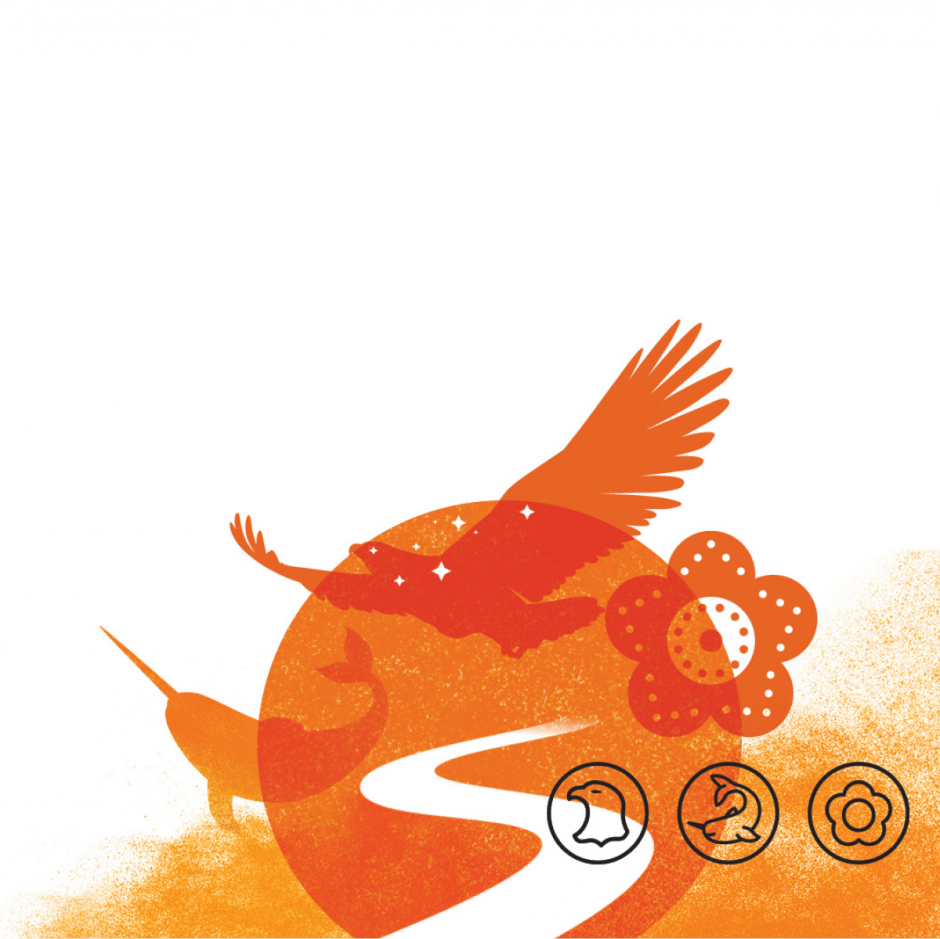
September 30th is National Day for Truth and Reconciliation which honours Indigenous communities and residential school survivors. Today and always, let us continue to learn and uphold the survivors and intergenerational survivors of the residential school system, and commemorate those who didn’t return home. Learn More.
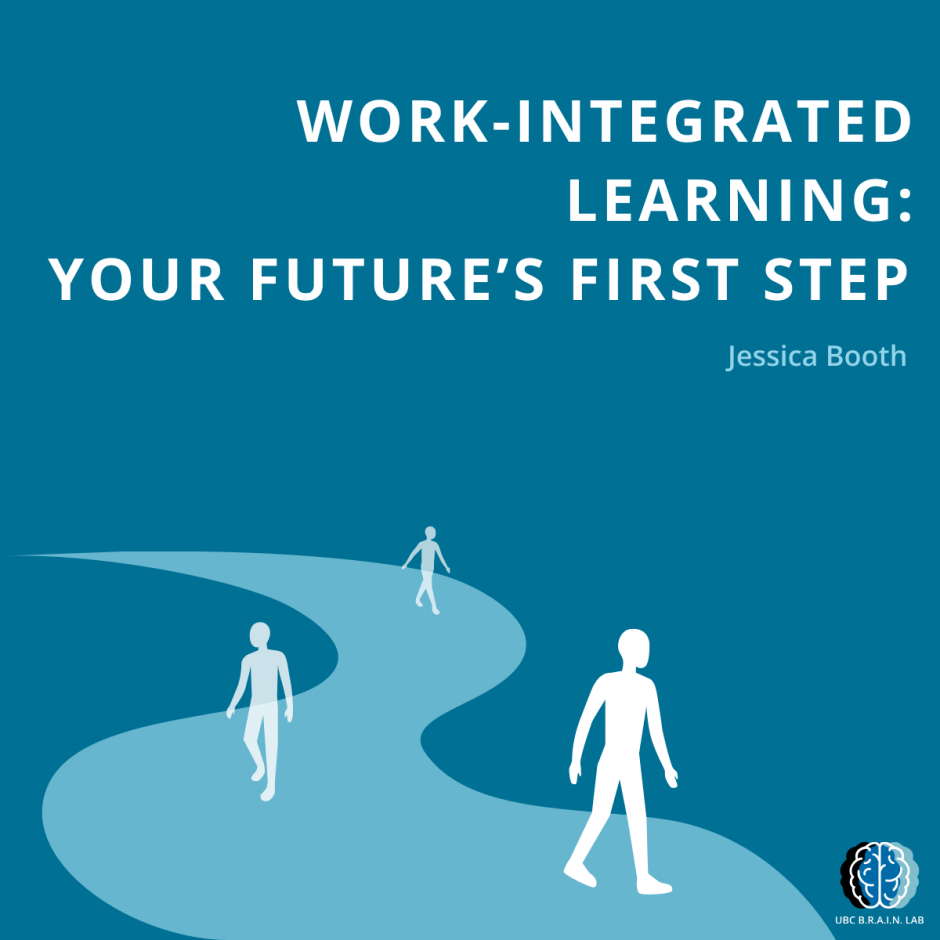
Work-integrated learning is more than a job; it has been a place of growth, inspiration and community. Learn More.
Mental Health Week is an annual CMHA campaign aimed to shift attitudes and perceptions about mental health. For 2022, the theme is empathy. Learn more about empathy through its role in overcoming stigma, mental health and substance use disorders, and practicing self-care. Learn More.
March is the Problem Gambling Awareness Month. Learn more about the risks associated with gambling & available resources in the community. Learn More.
Celebrating Brain Science with Brain Awareness Week! Check out our blog post to learn more about the campaign & the ongoing exciting research in the field. Learn More.
Learn about the Pink Shirt Day. This day falls on the last Wednesday of February each year. Both bullying and victimization during childhood are risk factors for mental health and substance use disorders. Learn More.
Learn about what is happening behind the scenes at the B.R.A.I.N. Lab. Anna Billowits is one of the Research Assistants at the B.R.A.I.N. Lab and has shared her experience in being part of the lab and working with individuals with substance use disorder. Learn More.
Harmful and stigmatizing descriptors reinforce implicit cognitive biases that perpetuate the stigmatization of addiction. Progressions made in identifying addiction as a disorder instead of a moral failing should be met with the same advances in the language used to describe it. Learn More.
The BCMHA Survey aimed to characterize and observe the trajectories of clients at the Burnaby Centre for Mental Health and Addiction (BCMHA). By gaining an understanding of the complexity of concurrent disorders, the B.R.A.I.N. Lab paves the way for future research and treatment in addiction psychiatry. Learn More.
The ROAR CANADA study aims to improve the understanding of individuals with concurrent disorders, a population often overlooked in research due to the perceived risk of their multiple conditions clouding study results. The data gained from this study will be used to evaluate existing practices at the following multidisciplinary integrated treatment facilities. Learn More.
